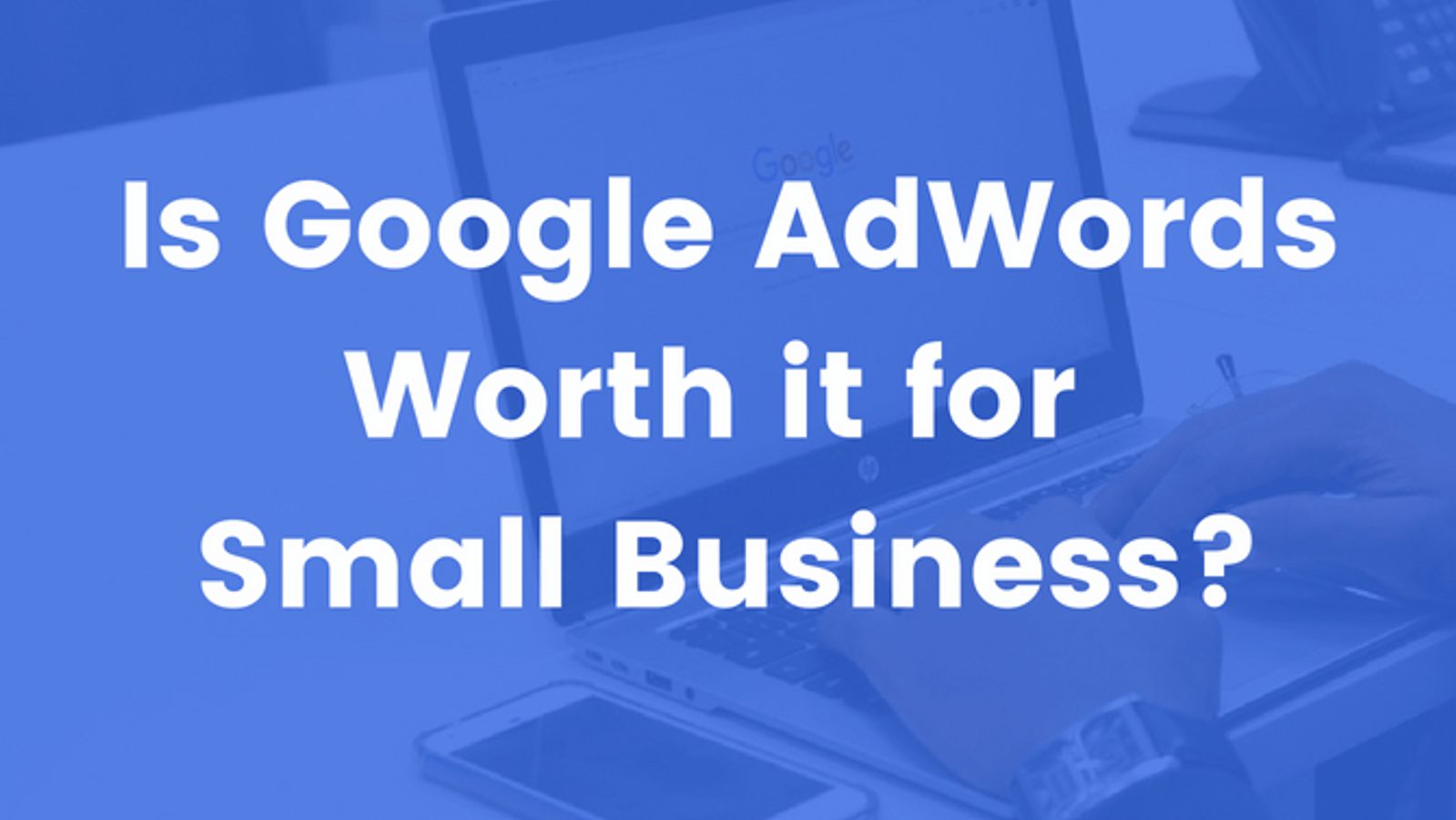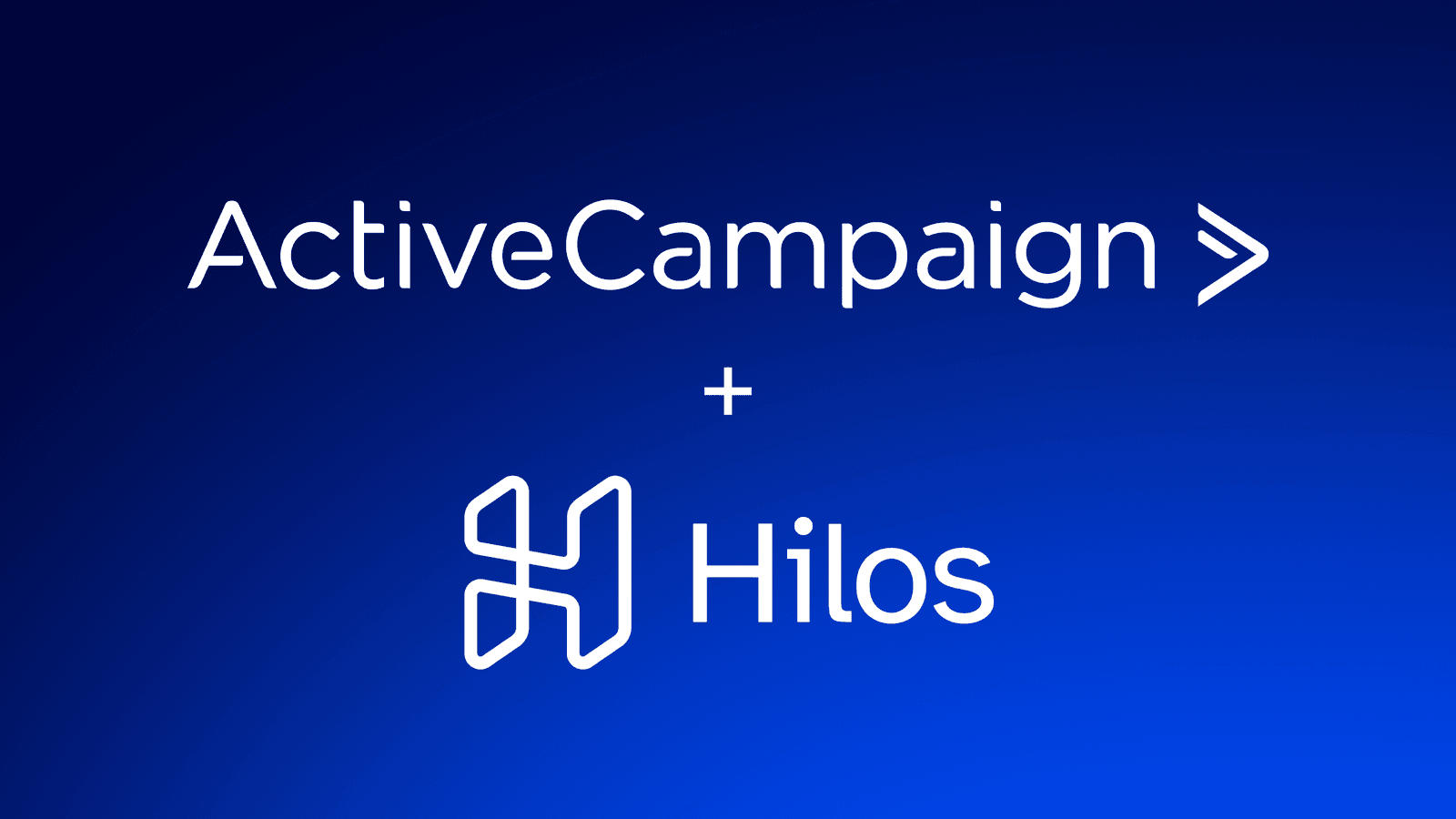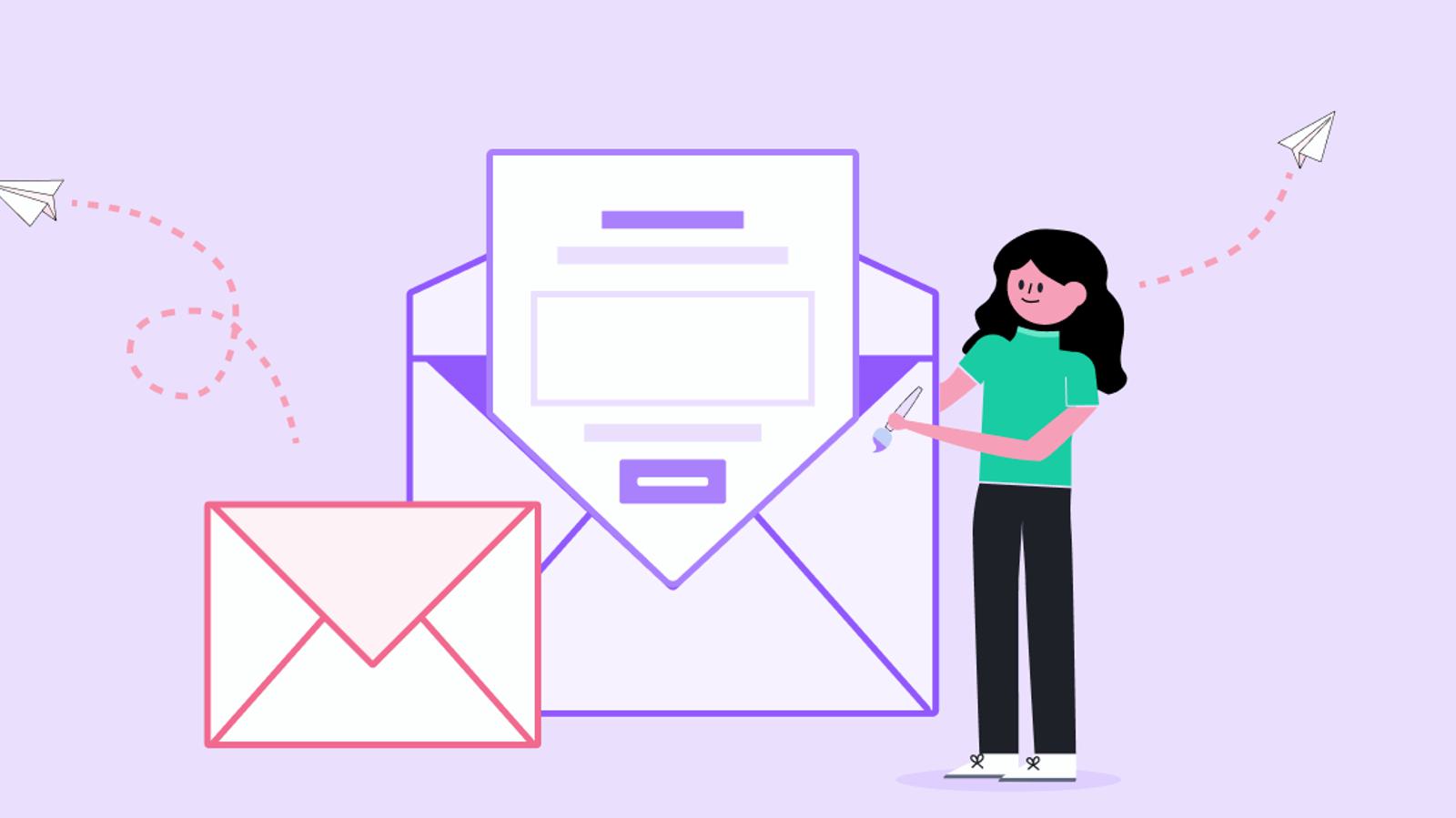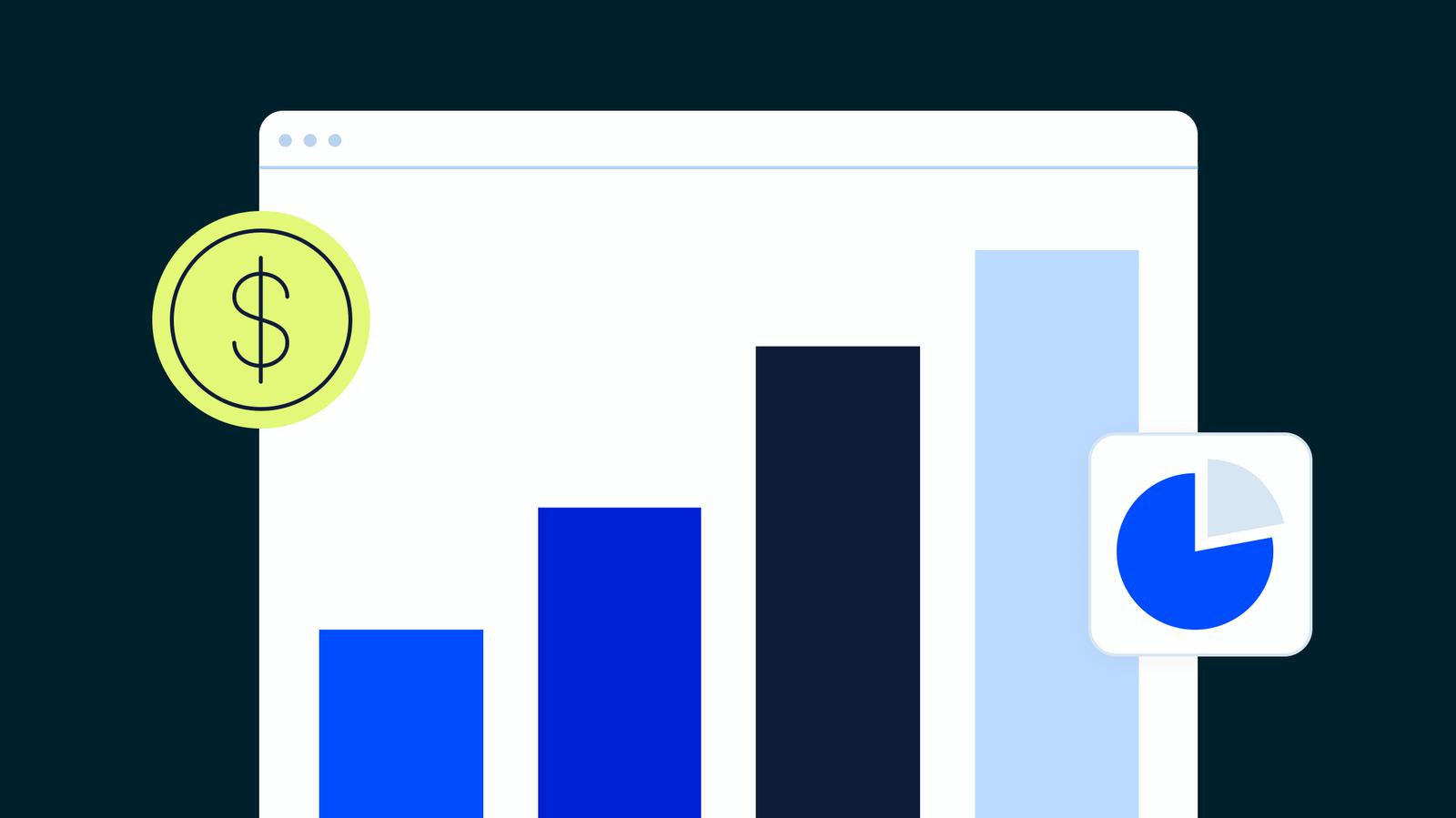If you’ve ever worked with a marketing consultant or done a Google search, you’ve probably had someone tell you to use Google AdWords (now called Google Ads).
Pay-per-click (PPC) ads that appear on Google search results pages can be an effective way to generate traffic—particularly traffic that converts into customers—by jumping to the top of search results.
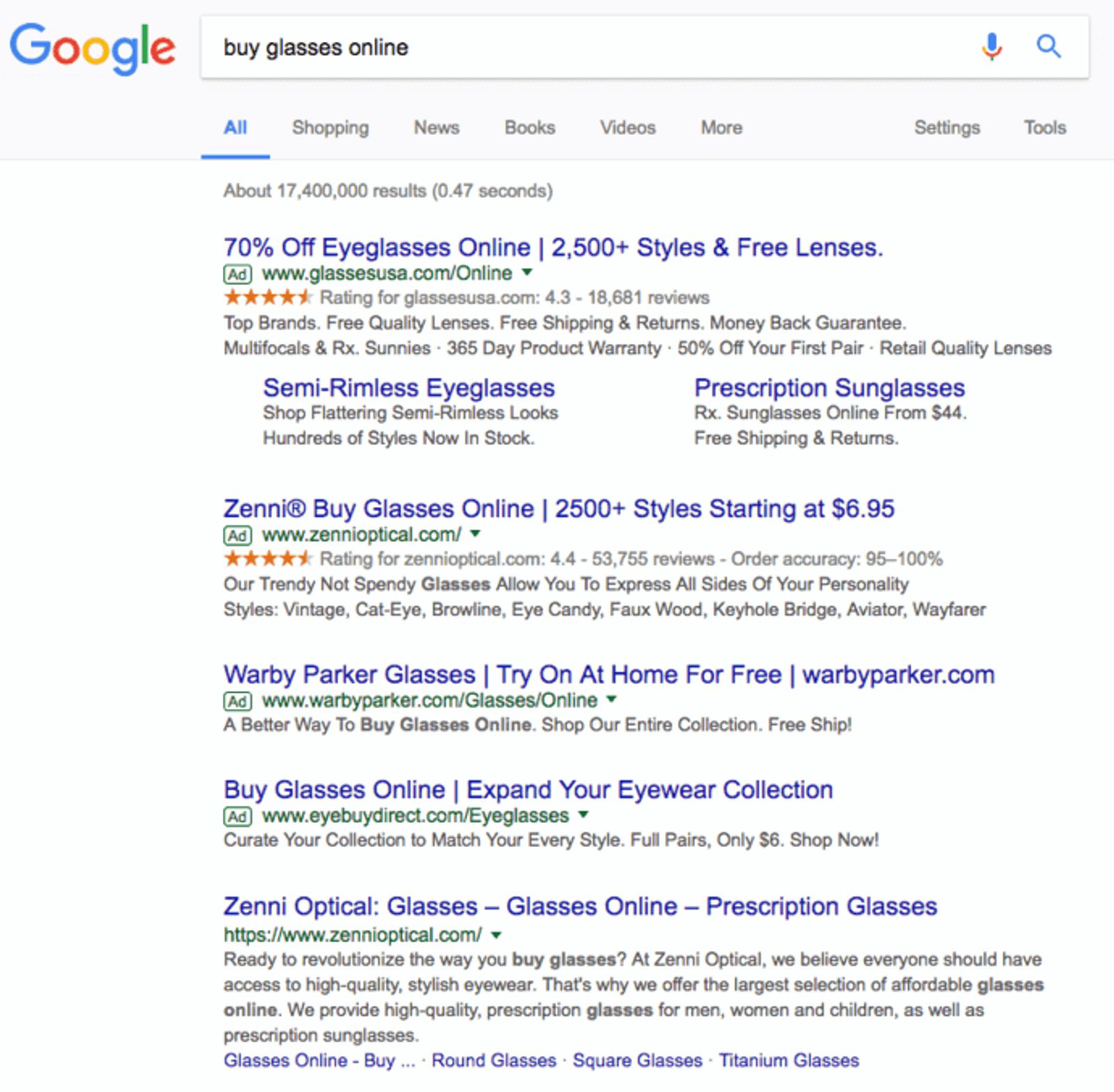
If you choose the right keywords and budget, you can buy your way to the top of the results page. In some cases, like the above, searchers might even need to scroll down before they get past your ads.
At the same time, Google Ads makes it easy to spend a lot of money very quickly. If you aren’t quite comfortable with what you’re doing, you could blow through your whole marketing budget.
So are PPC ads worth it for small businesses?
Try it now, for free
Is Google Ads worth it for small business?
Google Ads are worth it for small businesses. Advertising on Google is great for small businesses that need to reach targeted audiences and want to be able to track their ROI. Google Ads budgets can get big, but you don't need a big budget to get started.
If you learn how to use Google Ads, especially local ad listings, Google Ads can be one of the most profitable ways to get new business.
Why use PPC ads for small business?
PPC and Google Ads can be worth it for small businesses—if you know when they make sense and how to optimize them.
Here are six of the advantages of Google Ads:
- Reach people when they're looking for you
- Target based on geography
- Target multiple audiences that use the same product
- Send people to specific landing pages
- Track results easily
- Get results quickly
1. Reach people when they’re looking for you
If you target the right keywords with PPC ads, you can get in front of potential customers at the exact moment they’re looking for your products.
The “buy glasses online” example above illustrates this point. Just about everyone googling that term is looking to buy glasses in the near future (except for me, I guess).
Having an ad that serves up your products on transactional keywords is a great way to get new customers.
2. Target based on geography
If you run a local business, you don’t care about appearing in search results outside of your area.
Google Ads lets you target your searches based on geography, which can help you get in front of potential customers near you.
Combined with local seo, geographically-targeted PPC ads can help you get more customers from your community.
3. Target multiple audiences that use the same product
If you sell products that can appeal to multiple different audiences, PPC ads can help you reach those audiences by letting you target different keywords.
Say, for example, you sell filter papers that can be used in both laboratory research and industrial manufacturing.
If you created a product page and tried to optimize it for search, you might have to choose between your two audiences—or choose a more general term like “carbon-activated filter paper.”
PPC ads would let you target each audience individually by using industry-specific keywords. “Industrial smog filters” and “chromatography filter paper” may apply to similar products, but they attract very different audiences—PPC lets you target both.
4. Send people to specific landing pages
When someone clicks on a PPC ad, they get sent to a page on your website. One of the strengths of PPC ads is that you get to choose that page.
A lot of people send PPC traffic to their homepage, which is ok (if not ideal). But one of the major strengths of PPC is that you can send people to customized landing pages that are optimized to convert.
By sending people to landing pages that offer what they’re looking for, you can increase your chances of converting them into customers.
5. Track results easily
With PPC ads, you can track clickthrough rate, ad spend, and conversion rate on landing pages. You can A/B test different ad copy and landing pages easily to maximize ROI.
One reason PPC ads are such an attractive marketing tactic is the ability to track ROI. Return on investment is a huge consideration for your marketing budget, and PPC ads won’t leave you guessing.
6. Get results quickly
Other approaches to getting seen in search engines can take a long time to start working. The conversion process is longer and more difficult to measure.
PPC ads aren’t a silver bullet, but they will get you results much faster than most other marketing tactics.
If you have the know-how, products, ad copy, and landing pages together already, PPC ads are a simple way to start getting sales.
7. More leads to nurture and retain
If you're a small business using Google Ads, you might be bringing in more leads quicker than you expected. The good news is there are ways to manage and nurture those leads so they can be converted and remain customers.
With ActiceCampaign's email marketing, automation, and CRM platforms, small businesses can spend more one-on-one time with customers while automation takes care of the rest.
Once you bring in these new prospective customers with Google Ads, you can use ActiveCampaign to stay in touch by setting up an automatic email series that helps customers stay in touch even after they've bought from you. That way, you'll always be top of mind when they're shopping again.
How much should a small business spend on Google Ads?
Starting Google Ads budgets range from $1,000 to $10,000. The average cost-per-click for Google Search Ads is between $1 and $2, so $1000 dollars in Google Ads budget typically gets 500-1000 clicks.
Google Ads are generally not worth it if you can't spend at least $1,000 per month, because you need to test what works for your business. Some industries are more competitive, which makes it more expensive to buy ads.
Unconventional uses of PPC ads
In addition to the standard benefits of PPC ads, there are a couple of nontraditional uses that are worth mentioning.
Targeting competitors with PPC ads
PPC ads let you target based on keywords. For most websites, a lot of traffic comes from branded searches—that is, people typing the company name directly into Google.
What if you could steal that traffic?
A search for Capella University, a for-profit school in Florida, returns a few ads for competing institutions as well.
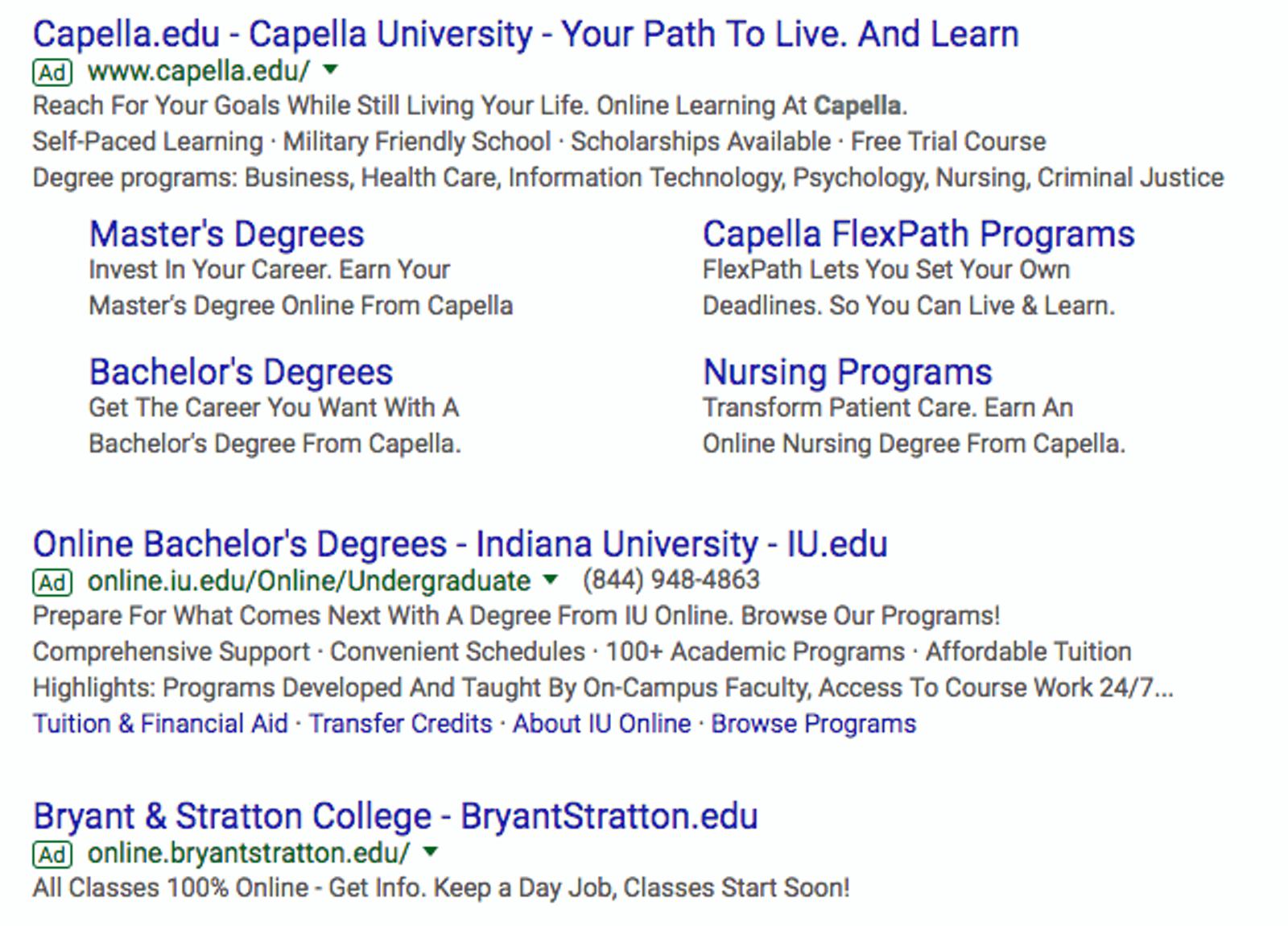
Running PPC ads on the name of a competitor is a little aggressive, but it’s still a commonly used tactic.
Testing headlines and messaging for other marketing
Because PPC ads are relatively inexpensive and easy to measure, they can be a great way to test the messaging you use in other marketing.
Most famously, Tim Ferriss used PPC ads to figure out the title of his first bestselling book, The Four Hour Work Week.
By running A/B tests to see which headlines drive the most clicks, you can quickly figure out headlines for your other marketing, your most important value propositions, and even get insights that help your overall positioning.
Things to consider before using PPC ads for small business
Google Ads is a powerful tool that can serve a few different functions in your marketing. Still, there are a few things you should consider when you’re deciding whether or not Google Ads is worth it for your small business.
Google Ads has a learning curve
Google Ads isn’t free. Because you’re paying by the click, it’s possible to spend a lot of money very quickly.
As you’re getting up to speed you want to make sure you understand your daily budget limits, as well as how Google is going to deploy that budget.
At the same time, you’ll want to make sure that your messaging and landing pages are fully ironed out before you start paying for traffic—or you’ll pay for traffic that doesn’t convert.
Google itself produces a ton of educational material that can help you get the most from Ads.
Understand your value propositions—and use them
You should know your messaging and value propositions before you start buying traffic with paid search.
Unless you’re actively using PPC ads to test messaging, you should know what your customers respond to before investing in paid search. If your value proposition is unclear or not compelling, paid search is just going to waste your money.
Even knowing your unique selling proposition isn’t enough—you need to make sure you are sending your customers to landing pages that emphasize them.
Yes, you could send visitors to your home page. But this approach is less effect than customized landing pages for two reasons:
- The messages on your home page don’t necessarily match the promise of your PPC ad
- Your home page has lots of distractions and site navigation that makes it harder to convert visitors
Sending visitors to a dedicated landing page with what conversion copywriter Joanna Wiebe calls a “message-matched unique value proposition” will convert more people into customers.
Keyword selection is critical
The keywords you choose to advertise on are critical, as they determine who is going to see your ad.
First of all, people need to be searching for your products. Although many sales start with a Google search, some audiences or industries are less likely to be driven by revenue from search results.
Google Ads gives you some keyword volume information that can help you figure out how many people are looking for you. If there isn’t an audience for your offerings in Google, your success will be limited.
Second, understand searcher intent. In the early 2000s, search researchers defined searches as being in one of three categories:
- Informational: A searcher is looking for information on a specific topic
- Navigational: A searcher is looking to find a particular website
- Transactional: A searcher wants to buy something
PPC ads are best suited to transactional keywords—like “buy glasses online”—because the people who make those searches are very likely to convert.
Finally, make sure you actually Google each of your keywords—even a transactional keyword can be a bad choice if it targets the wrong audience.
For example, you might think that a keyword like “automated segmentation” is a good candidate for us to target at ActiveCampaign.
Automation and segmentation are two things we do really well—wouldn’t it make sense to get those visitors?
Look at the Google search results.
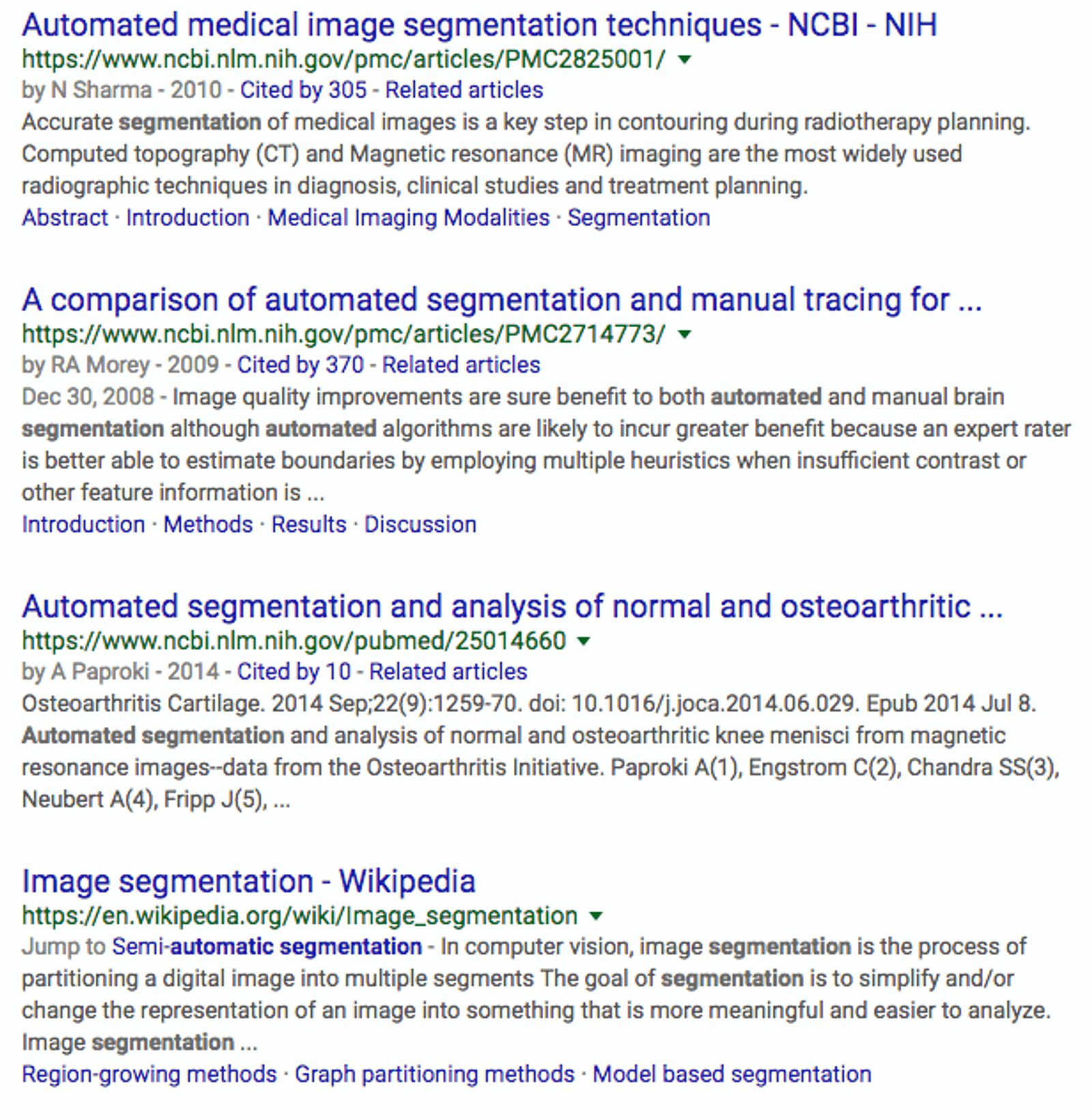
Automated segmentation is apparently an important part of medical imaging. All of the search results are in that industry—something we would never have known without actually looking at the results page.
Conclusion: Are PPC ads worth it for small business?
PPC ads and Google Ads can be effective for small businesses—if you use them correctly.
Try it now, for free
Used right, Google Ads can help you precisely target your audience and drive conversions quickly. With a strong value proposition, landing page, and keyword, Google Ads can help grow your business.

